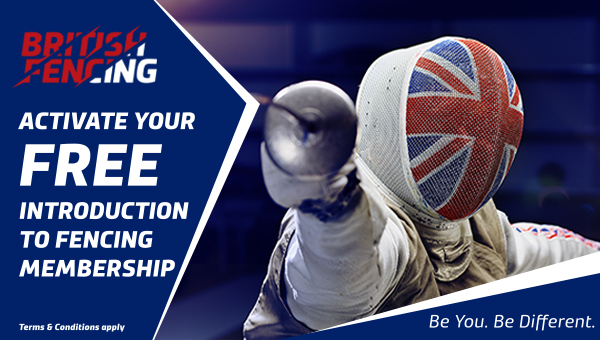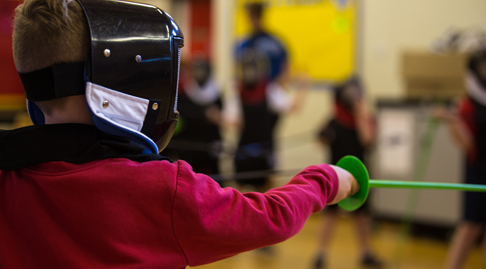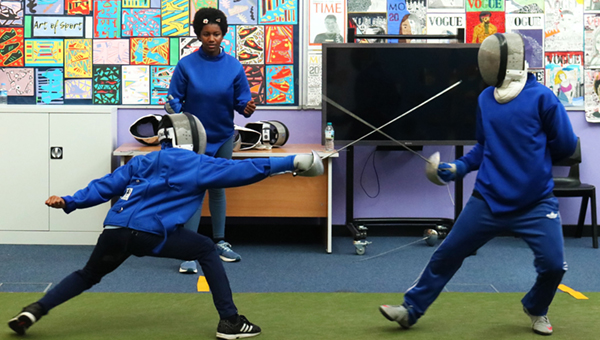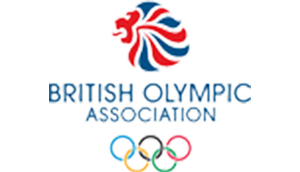The pathway towards refereeing para fencing is essentially the same as for standing fencing.
Training will therefore be provided by home county associations for fencing (i.e England, NI, Welsh or Scottish Fencing) with referees then being able to familiarise themselves with wheelchair fencing through attending domestic and international competitions.
Some important differences between standing and wheelchair fencing are:
- Due to the close proximity of the fencers far more yellow cards are issued for fencers starting early.
- Fencers must keep their feet on the footplates of the chair and must not touch the piste with their feet.
- For epee a lamé apron is used to cover non-target area, ie from the waist down
- Referee assistants may be appointed to check that fencers are not lifting from the chair.
Links to IWAS rules for competition can be found on this website.
















